ELIXIR has published a paper in Nature Reviews Genetics today that explores how European research infrastructures can be leveraged to facilitate transnational access to at least one million human genomes. This is building on the recently declared ‘European ‘1+ Million Genomes’ initiative’ signed by 21 European countries, which is targeted for completion by 2022.
While the scale of the wet-lab and bioinformatics analysis for an initiative of this scope is substantial, the underlying infrastructure to store, process and access data at this scale is something that should not be considered as an afterthought.
In the paper ‘Leveraging European infrastructures to access 1 million human genomes by 2022’, the authors detail challenges, opportunities, and recommendations around accessing whole-genome level sequencing data, as well as phenotypic and biomolecular data across country borders, without compromising on data security. The paper also carried the voices from individuals from the Biobanking and BioMolecular resources Research Infrastructure (BBMRI-ERIC), EMBL’s European Bioinformatics Institute (EMBL-EBI) and the Global Alliance for Genomics Health (GA4GH).
“Thanks to technological advancements in recent years, DNA sequencing is now affordable and has many applications,'' said Gary Saunders, Human Data Coordinator at the ELIXIR Hub, and lead author of the article, “Our paper describes the challenges in storing and accessing human genomic data across national boundaries and promotes recommendations to support the application of these data to routine clinical practice”. A list of recommendations to meet the necessary minimal infrastructure requirements to reach the goal of the Declaration is shown below (Figure 1).

Figure 1: Summary of recommendations for the implementation of the 1 million genomes project
To date, most of the large-scale genome and exome sequencing projects have originated from the academic or life science industry research spheres. However, it is predicted that in the near future the healthcare industry will be the main producer of such data. This raises novel challenges as each European country’s healthcare is defined as a ‘national competence’, and is therefore subject to national laws. Because each country has its own healthcare system, and different legal structures, there are national disparities in how and where the healthcare data should be stored and who can access them.
The European ‘1+ Million Genomes’ initiative has the potential to develop a set of principles, tools, and training materials that will pave the way for transnational healthcare research across the world - putting European research at the frontier of citizen-focused and patient-friendly clinical genomics. Serena Scollen, Head of Human Genomics and Translational Data at ELIXIR, said: “The investment that ELIXIR is making into infrastructure for cross-border data sharing is significant. ELIXIR Nodes have experience in developing solutions to enable cross-border data sharing, and many of the services they run, such as the European Genome-phenome Archive (EGA), will be key to the successful implementation of this initiative.”

Figure 2: Summary of key aims from the Declaration of the European 1+ million genomes initiative.
About ELIXIR Human Data Communities
ELIXIR Communities bring together experts across Europe to develop standards, services and training within specific life science domains. Three of these ELIXIR Communities, Human Data, Rare Diseases and Human Copy Number Variation focus solely on working to supporting human research. A key focus is on developing strategies for managing and accessing sensitive human data across institutes and borders.
Further information
ELIXIR
ELIXIR unites Europe’s leading life science organisations in managing and safeguarding the increasing volume of data being generated in publicly funded research. It coordinates, integrates and sustains bioinformatics resources across its member states and enables users in academia and industry to access vital data, tools, standards, compute, and training services for their research.
European Bioinformatics Institute (EMBL-EBI)
The European Bioinformatics Institute (EMBL-EBI) is a global leader in the storage, analysis and dissemination of large biological datasets. We help scientists realise the potential of ‘big data’ by enhancing their ability to exploit complex information to make discoveries that benefit humankind.
We are at the forefront of computational biology research, with work spanning sequence analysis methods, multi-dimensional statistical analysis and data-driven biological discovery, from plant biology to mammalian development and disease.
We are part of EMBL and are located on the Wellcome Genome Campus, one of the world’s largest concentrations of scientific and technical expertise in genomics.
BBMRI-ERIC
BBMRI-ERIC is a European research infrastructure for biobanking. We bring together all the main players from the biobanking field – researchers, biobankers, industry, and patients – to boost biomedical research. To that end, we offer quality management services, support with ethical, legal and societal issues, and a number of online tools and software solutions for biobankers and researchers.

